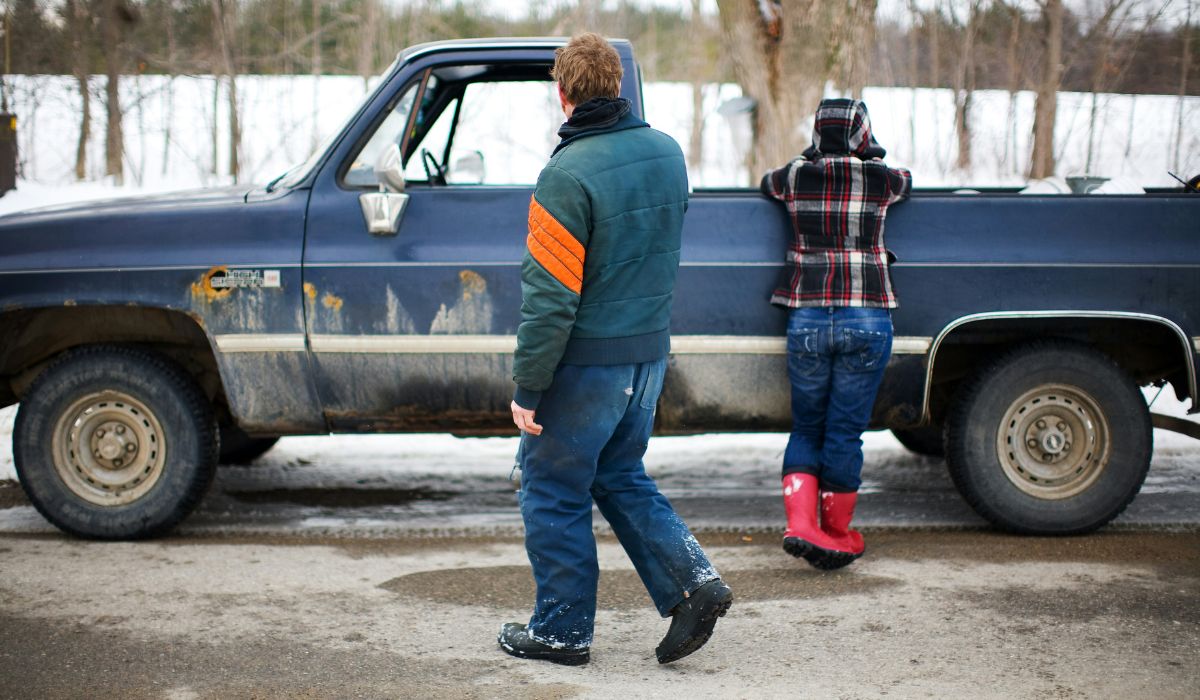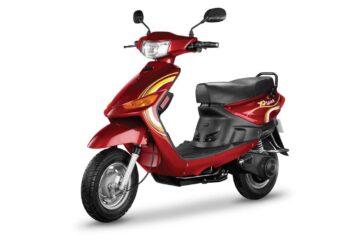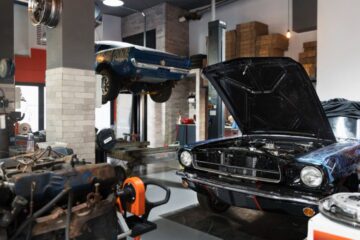In recent years, older pickup trucks have become more than just relics of the past. They’ve evolved into prized possessions for a growing community of DIY mechanics. What once sat quietly in driveways or on used car lots is now being sought out with surprising enthusiasm. A mix of practical reasons, mechanical preferences, and a desire for greater control over vehicle ownership has driven this shift.
At the core of this renewed interest lies the simplicity of older models. Compared to modern trucks that rely heavily on computer systems and electronic components, older pickups offer a more mechanical experience. For those who enjoy rolling up their sleeves and getting under the hood, this level of accessibility is a major advantage.
This article examines some reasons that make older pickup trucks popular among DIY mechanics.
The Appeal of Proven Engines
While many people prefer new vehicles, some are holding on to their old cars and pickup trucks. One of the primary reasons for this is the high cost of cars. According to AP News, the average age of a passenger vehicle was 12.5 years in 2023. Sedans are even older, with an average age of 13.6 years.
However, price is not the only factor to be considered here. Another reason why older pickups continue to draw attention is the reputation of certain engines. Consider the 7.3 Powerstroke diesel engine, which is often mentioned with respect and appreciation.
It was built for performance under pressure, which made it a favorite among those who used their trucks for towing and hauling. According to Diesel Power Products, some even consider it to be the last great diesel that Ford built. It may even be true, considering the issues with the 6.0L and the 6.4L engines.
Many trucks equipped with the 7.3 Powerstroke are still on the road today, serving as clear examples of long-term dependability. Owners often highlight its ability to run for hundreds of thousands of miles with minimal issues if basic maintenance is kept up.
Customization Over Convenience
Older trucks may not come with touchscreens or climate-controlled seats, but they offer something different: flexibility.
Their simpler setups allow owners to make meaningful upgrades without fighting against tightly integrated systems. That could mean installing a modern stereo, upgrading the lighting, or even swapping out interior parts for improved comfort. These modifications can be performed at home using standard tools and often with the assistance of online guides or fellow enthusiasts.
This freedom is part of the attraction. When you own an older truck, you’re not locked into the factory design. There’s more room to tailor the vehicle to your preferences, whether you’re looking for functionality, style, or performance. For many people, that personal touch is more satisfying than any factory option package.
With an older pickup truck, you can follow more customization trends that change every year. There’s a wide range of accessories you can use to personalize your truck. According to Global Market Insights, the pickup truck accessories market in the US was worth $2.4 billion in 2024. It is further estimated to grow at a CAGR of 3.2% until 2034.
The lack of complex tech also means fewer things can fail. No software update will disable a feature, and no hidden computer module will need to be replaced if something stops working. That reduction in complexity makes older pickups more predictable and, in a sense, more dependable over the long haul.
Budget-Friendly Builds
New trucks come with big price tags. Even mid-level models can cost as much as a small house in some areas. According to Forbes, the average cost in 2023 was around $60,000, representing a 6% increase from 2022. The rising costs are a result of inflation, additional amenities, increased performance capabilities, etc.
That makes older trucks especially attractive for buyers looking to get the most value for their money. They’re not cheap in every case, but they’re often far more affordable than newer alternatives.
For someone with the skills and interest to do their own repairs, buying an older truck can be a smart financial move. Instead of paying extra for dealer servicing or worrying about expensive electronics, owners can focus on quality parts and thoughtful upgrades. It’s also easier to pace repairs and improvements over time, which makes the overall cost more manageable.
There is also a growing appreciation for trucks built during a time when longevity was a priority. Many older pickups were designed for utility rather than marketing appeal.
Their value lies in what they can do, not in how many apps they can run. That difference in focus is becoming more noticeable and increasingly appreciated by those who seek a reliable tool rather than a digital experience.
Frequently Asked Questions
Are older pickup trucks fuel-efficient compared to modern trucks?
Older trucks are generally less fuel-efficient than modern models. They were built for durability and utility rather than mileage. However, many owners accept the trade-off in fuel economy because of lower maintenance costs and more straightforward repairs. They can also avoid complex emissions systems that can be expensive to service.
Do older pickup trucks meet current emissions standards?
Most older pickups do not meet today’s stricter emissions standards, especially those built before the early 2000s. In some states, this can affect registration or inspection eligibility. However, these trucks are often exempt from specific regulations due to their age, depending on local laws. It’s important to check state or provincial requirements before buying one.
Can older trucks still be used for towing and heavy hauling?
Yes, many older trucks are still capable of performing serious towing and hauling tasks. Their frames and drivetrains were built to handle significant loads. They may not match the power or towing capacity of the latest diesel models with advanced features. However, they’re still a solid option for work tasks, especially if they’ve been well-maintained.
As more people explore hands-on automotive work, the demand for trucks that are easy to understand and maintain is likely to grow. In an era when many machines feel locked down or overly complicated, older pickups offer something refreshingly different. They give owners a sense of ownership that goes beyond the title and the satisfaction of fixing something with their own hands. For DIY mechanics, that connection is hard to replace.




